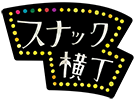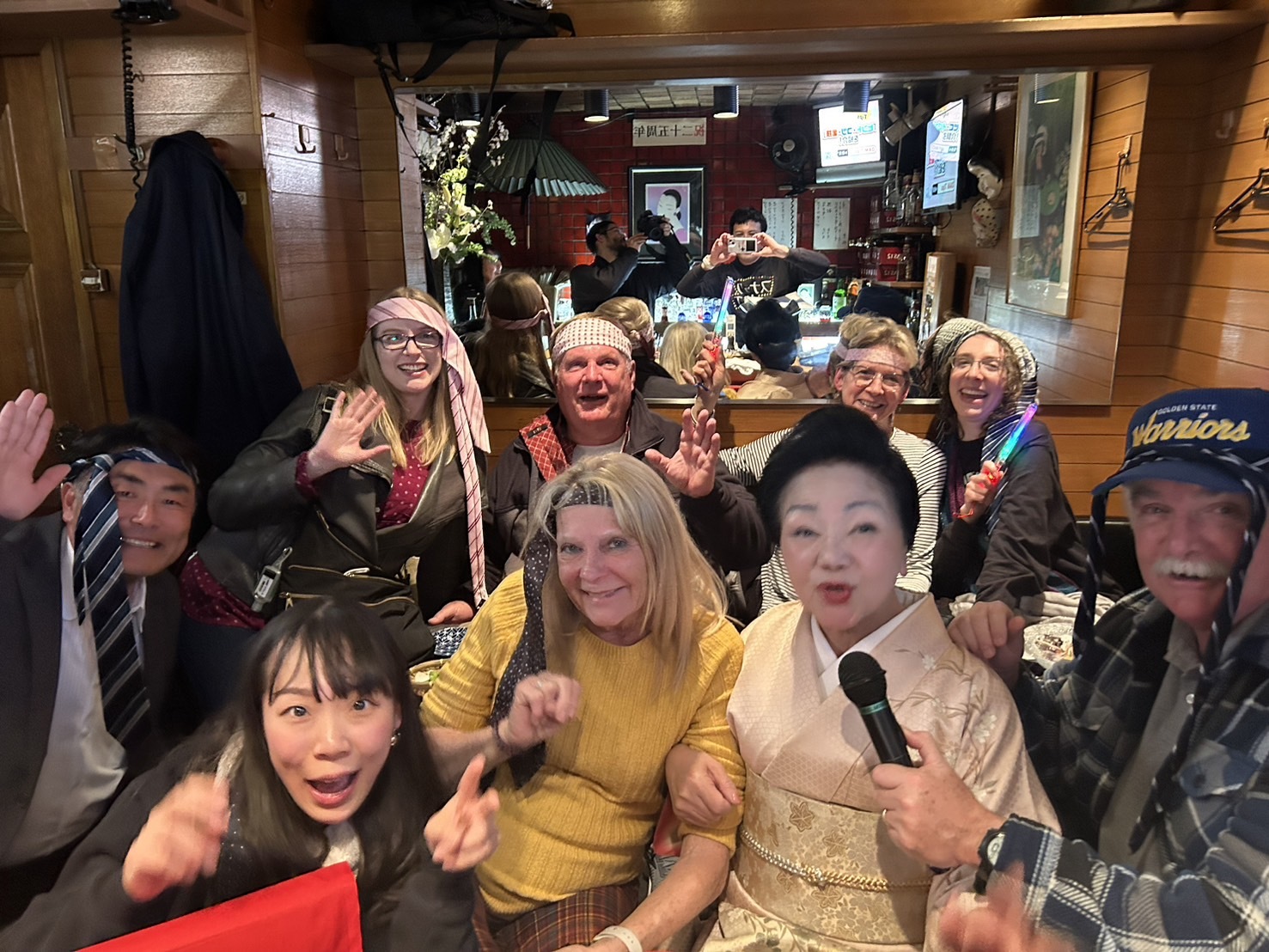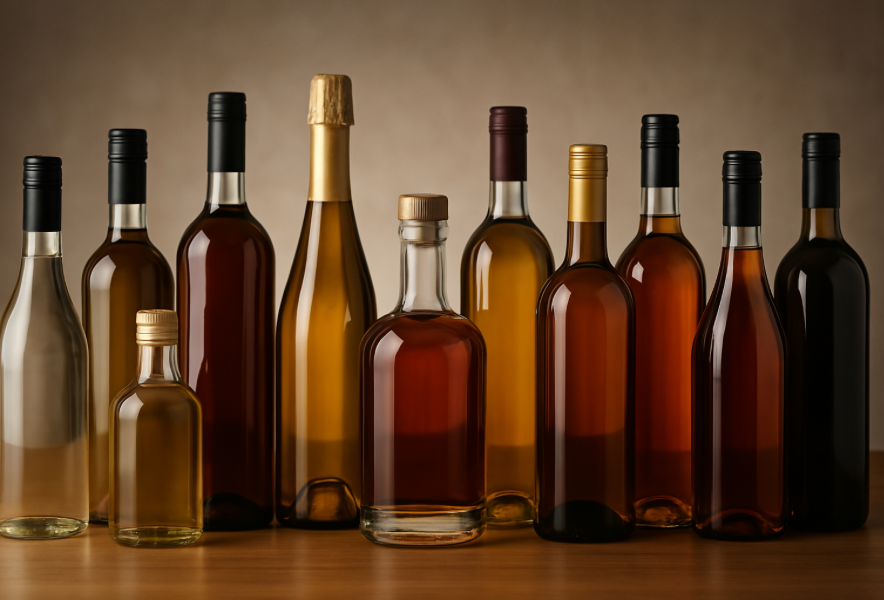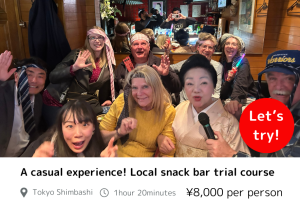As the new school and business year begins in Japan, many of you may be entering a busy period with new routines, whether it’s starting a new job or school. Thank you for your hard work!
Now is the perfect time to learn about alcohol—something many of us surprisingly don’t know much about.
Let’s take this opportunity to understand alcohol correctly, whether you’re an adult or still too young to drink.
Contents
What Are the Rules for Alcohol in Japan?
In Japan, alcohol is strictly regulated by a law called the Liquor Tax Act.
According to this law, any beverage that contains 1% or more alcohol is considered “alcoholic.” To make or sell alcohol, you must obtain permission from the national government.
Making alcohol at home is generally prohibited, and of course, drinking alcohol under the age of 20 is strictly forbidden. This law exists to protect young people’s health, and countries around the world also have various regulations, like warning labels.
What Types of Alcoholic Drinks Are There?
Alcohol can be divided into four categories based on how it’s made and what it’s made from. Here’s a simple explanation:
① Sparkling Alcohol (Carbonated Alcohol)
This includes bubbly drinks like beer, sparkling cocktails, and chu-hai.
② Brewed Alcohol (Fermented Drinks)
Alcohol made by fermenting ingredients, such as sake and wine. You can enjoy the natural flavors and aromas of the ingredients.
③ Distilled Alcohol
After fermentation, the alcohol is extracted through a process called “distillation.” Examples include shochu, whisky, and gin. These have a higher alcohol content and are often mixed with water, ice, or soda.
④ Mixed Alcohol (Blended or Flavored)
This refers to alcohol mixed with fruits or other flavors. Umeshu (plum wine) and liqueurs fall into this category.
What Is “Liquor Tax”?
Simply put, Liquor Tax is the tax applied to alcoholic beverages.
It’s paid by producers and sellers, but the cost is included in the retail price—so when we buy alcohol, we’re paying this tax too.
For example, if you buy a 350ml can of beer at a convenience store, about 70 yen of the price is liquor tax. And on top of that, there’s consumption tax—so you’re actually paying two types of taxes on alcohol.
Do Different Types of Alcohol Have Different Taxes?
Yes, they do! Stronger alcohol, like whisky or brandy, generally has higher taxes.
On the other hand, lighter drinks like chu-hai or low-malt beer tend to have lower taxes. Sake and Wine fall somewhere in the middle.
Taxes also vary depending on the ingredients and production methods. That’s why even if you buy the same volume of alcohol, the price can vary depending on the type.
What’s the Future of Alcohol and Taxes?
Recently, the Japanese government has been working to simplify the liquor tax system.
For instance, it plans to unify the tax rates on beer, low-malt beer, and the so-called “third beer” by 2026.
When that happens, the price of beer might drop, while chu-hai and other drinks could become more expensive.
Health concerns and the balance with imported alcohol are also being taken into consideration, so more changes to the liquor tax system are likely in the future.
Summary
In Japan, there are clear rules and taxes when it comes to making or drinking alcohol.
You’re allowed to drink only after turning 20—but before that, it’s important to understand what alcohol is.
By learning about alcohol, you’ll be able to enjoy it more safely and responsibly as an adult. Whether you’re just beginning your journey into drinking, or you’ve been drinking without knowing much about it, take this chance to enjoy alcohol the right way—and responsibly.
And when you’re ready, let’s raise a glass together at a snack bar! Cheers!
Would you like to make your snack bar debut with a snack tour?
Snack bars, beloved by many since the Showa era, can be found all over Japan. You can enjoy communication with the owner and other customers, as well as singing karaoke, allowing for a relaxing time.
Most snack bars have a policy of refusing entry to foreigners. However, with a tour, you’ll have a guide, so you can enter with peace of mind.
When visiting Japan, don’t just check off the tourist spots –
dive into local experiences for an unforgettable journey!

Once you experience it, you’ll be captivated too! The charm of snack bars.

New encounters with people! The camaraderie of singing at a snack bar! Conversations with the mama-san!





